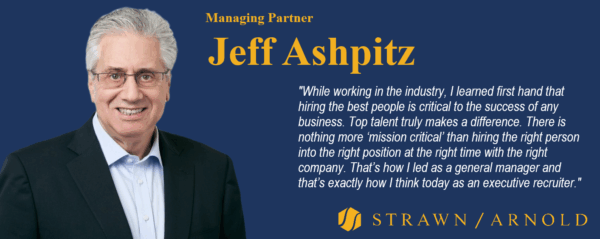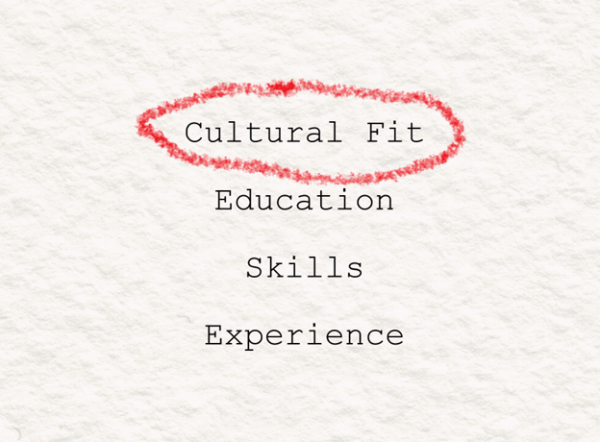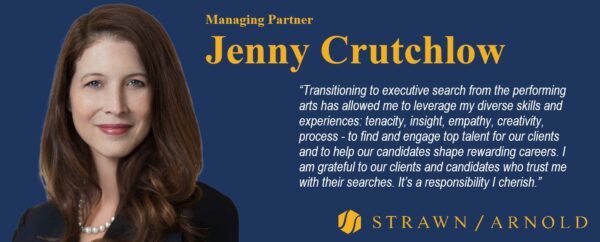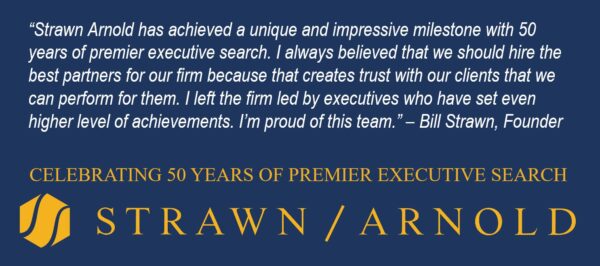by Jeff Dodson
In Homer’s timeless epic, “The Odyssey,” we follow the hero Odysseus on his perilous journey home from the Trojan War. He is forewarned by the goddess Circe of the Sirens, enchanting yet lethal creatures who lure sailors to their doom with their captivating songs. Circe’s warning of a “meadow filled with skeletons” serves as a stark reminder of the perils that await those who succumb to the Sirens’ beguiling call.
This ancient tale echoes in modern boardrooms and hiring teams, where companies often seek out senior executives with the promise of “new thinking” and rapid advancement, yet paradoxically, they also desire candidates with a proven track record in the same or very similar job—”been there, done that” profiles. While not an impossible feat, an overly rigid focus on experience in the exact position, without a willingness to embrace new mindsets, can be a siren song leading to failure. It’s akin to ignoring the meadow of skeletons of past hiring missteps, with assurances that this time, there will be no need for change.
Over my twenty-four years in executive search, including over 300 successful searches primarily within life sciences, I’ve witnessed a growing trend: firms almost exclusively pursuing executive candidates who have already walked the path they seek to tread, often in the same job. This approach is particularly prevalent among private equity firms, whose understandable objectives are to rapidly increase EBITDA over a short time period. For them, long-term executive development and cultivating a robust talent pipeline are secondary.
Companies with a vision for the long-term should not be constrained by these limitations. Executives often express frustration with the limited growth potential within their teams and the desire to bring in new talent that can ascend to higher roles. They seek individuals who can inject fresh ideas and perspectives. Yet, despite good intentions, many organizations falter. The culprits? A pervasive risk aversion and internal resistance that stifle innovation and defer too heavily to consensus when making pivotal hiring decisions.
To excel in hiring practices, companies must navigate common pitfalls with a robust process. Here are some insights and helpful tips to improve the hiring process:
· At the executive or senior director level, consider whether past experience in the same role is as crucial as leadership qualities, the ability to drive change, and strategic acumen. The ideal candidate will likely have a team or organization handling the day-to-day tasks and the executive must focus on larger things. It’s not about transplanting a factory manager from General Motors into pharmaceutical R&D leadership, but rather recognizing that innovative solutions can be valuable and are usually present in any industry.
· While there is still much to be done, companies have made commendable progress over the years in various aspects of diversity, and it must continue. However, diversity of thought and diversity of experience often receive insufficient attention, overshadowed by traditional industry practices – i.e., this is the way it has always been done.
· Too much focus on what a candidate lacks can blind organizations to the potential of that person to bring fresh perspectives to the table – things that more functionally narrow people may not possess. Failure of imagination can mire an organization in short-term thinking. Hiring teams must assess candidates not only with short-term goals in mind but also with a vision for the future and appreciation for what a non-typical candidate can offer.
· A hiring process can be undermined by too much reliance on consensus. While executives may publicly welcome internal competition, they often look for excuses to dismiss potential rivals. They may find it easy to dismiss unconventional candidates for not having the typical “been there, done that” experience, which becomes a convenient reason to eliminate them.
The art and science of executive hiring lie in recognizing the trade-offs in candidates and finding a balance. Just as the most rewarding home renovations are those that reimagine the space, not just polish the floors and repaint, the most strategic executive hires are often those who think differently.
Shakespeare’s words in “Measure for Measure” resonate profoundly in this context: “Our doubts are traitors and make us lose the good we oft might win by fearing to attempt.” It’s a reminder that our hesitations can be our downfall, leading us to miss out on the success that a bold approach to executive recruitment could bring. The blunt views of Shakespeare’s Lady Macbeth are also useful to recall. She in essence speaks about the importance of process, mindset, and resolve when she tells her husband, “The attempt and not the deed confounds us.”
In the end, it is the courage to pursue the attempt that defines our path and propels us forward – the boldness to try, to innovate, and to potentially transform our organizations.







